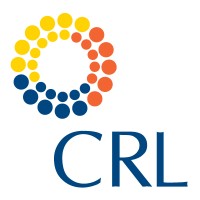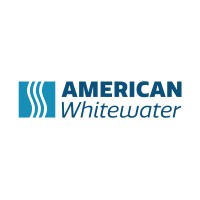
Center for Responsible Lending
The Center for Responsible Lending (CRL) is a non-partisan research and policy group working to ensure our nation's consumer finance system promotes and protects homeownership and family wealth. Our focus is on consumer lending: primarily mortgages, payday loans, credit cards, bank overdrafts, and auto loans. We provide research and technical policy expertise to help policymakers evaluate consumer protection options and wealth-building opportunities. We educate consumers and the media about predatory lending issues, work with local and national coalitions to push for change, and take part in selected legal cases to advance consumer protections. CRL is an affiliate of Self-Help, one of the nation's largest nonprofit community development lenders. We have offices in Durham, NC; Washington, DC; and Oakland, CA. CRL's website: www.responsiblelending.org Twitter: @CRLONLINE Facebook: www.facebook.com/CenterforResponsibleLending **2012 Winner: MacArthur Award for Creative and Effective Institutions**






